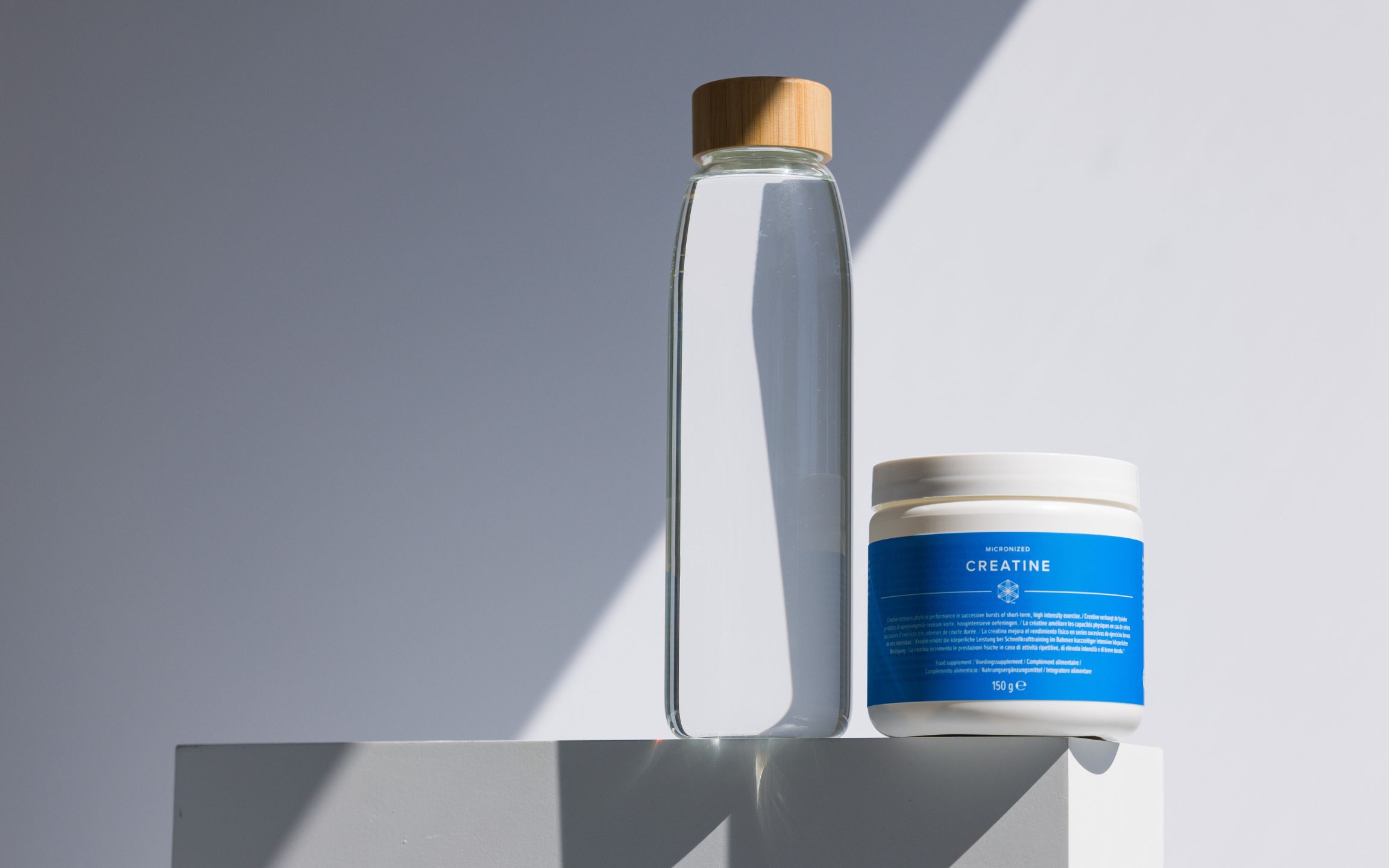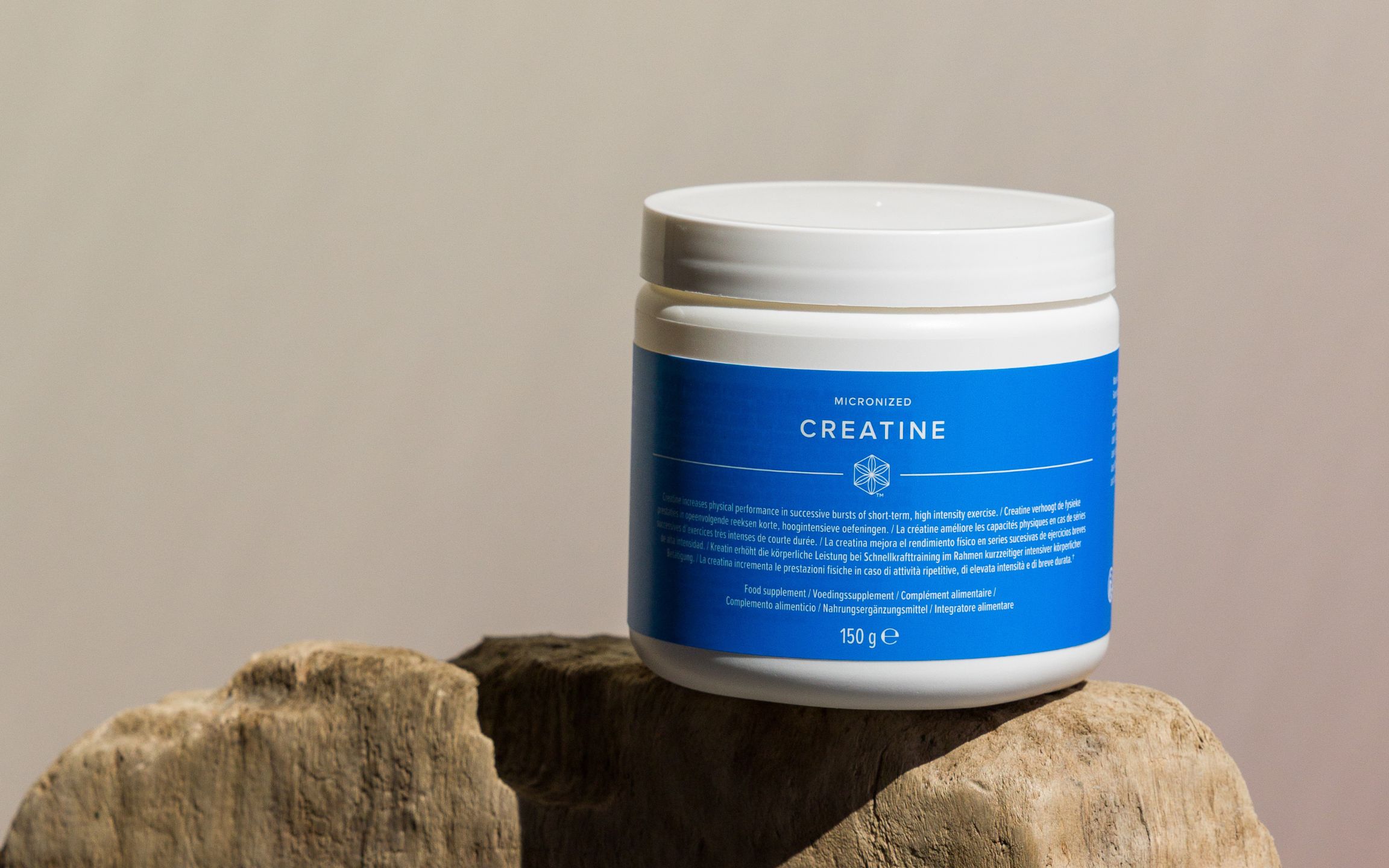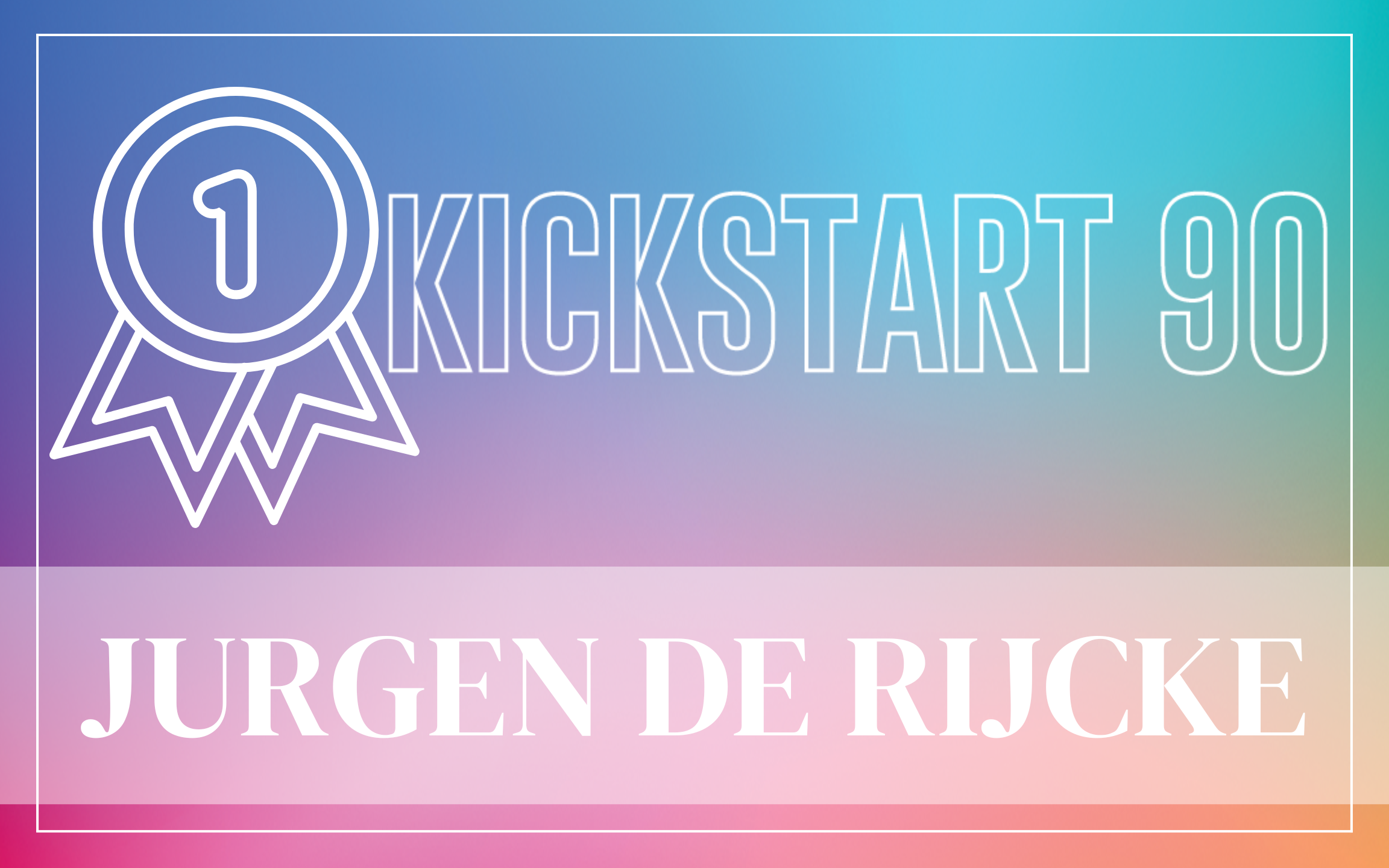Caffeine in Isagenix products
January 10, 2018,
Rebecca Haresign

In Europe, many of us start our day with a cup of tea or coffee. The decision to consume caffeine is a personal choice but whatever your preference, it’s a good idea to know how caffeine works in the body and which Isagenix products contain caffeine.
How does caffeine work?
Every cell in the body contains a molecule called adenosine that is produced as a part of normal metabolism. Throughout the day, the level of adenosine rises in the brain and creates a signal that slows down nerve activity, promoting tiredness and sleep. When adenosine builds up near certain receptors in the brain, it can make you start to feel drowsy. Since the level of adenosine increases throughout the day, you generally feel more tired the longer you’re awake.
Caffeine is a molecule with a similar shape to the adenosine molecule that’s naturally produced by a variety of plants, including coffee, tea, yerba mate, and chocolate. Because of its similar shape, caffeine can antagonise the interaction of adenosine with receptors and temporarily block its fatiguing effects to help you feel more alert. When caffeine is present, the brain can’t detect the build-up of adenosine that leads of feelings of fatigue.
How much caffeine is safe to consume?
When used responsibly and in moderate amounts, caffeine is a safe and natural way to increase alertness, and reduces sleepiness. However, as with most things, caffeine can become a concern when used in excessive amounts.
So, what is considered a moderate amount of caffeine? Following a review of the scientific evidence, European Food Safety Authority (EFSA) concluded single doses of caffeine up to 200mg and intakes up to a total of 400mg per day do not raise safety concerns for healthy adults in the general population, except pregnant women (1).
Keep in mind that some individuals are more sensitive to caffeine than others and might feel unwanted effects after much smaller amounts of caffeine. The half-life of caffeine in the body can be four-and-a-half hours or more, so it’s a good idea to limit caffeine in the late afternoon and evening hours to ensure you can enjoy a restful night’s sleep (2).
Which Isagenix products contain caffeine?
If you’re following an Isagenix System, how much caffeine are you getting in a typical day? An e-shotTM provides about 80mg of caffeine, comparable to a cup of coffee, and this is the only Isagenix product in Europe that contains an effective amount of caffeine.
People often wonder if products with green tea or cocoa ingredients also contain caffeine. Most of the green tea extracts that are used in Isagenix products like Thermo GXTM have been decaffeinated, so this ingredient isn’t a significant source of caffeine.
Chocolate naturally contains caffeine, but much less than coffee or tea. Cocoa is used for chocolate flavour in several Isagenix products, but the amount of caffeine contributed by cocoa is very small, or similar to the amount of caffeine you might get from a cup of decaffeinated coffee.
With an Isagenix System, you’re provided good nutrition that gives your body the fuel it needs to get through your day, with the option of incorporating targeted products formulated to enhance energy levels with naturally sourced caffeine.
References
- European Food Safety Authority. Caffeine. Available at: https://www.efsa.europa.eu/en/topics/topic/caffeine (accessed 2nd January 2018)
- Ruxton C. The impact of caffeine on mood, cognitive function, performance and hydration: a review of benefits and risks. Nutr Bull 2008;33:15-25




